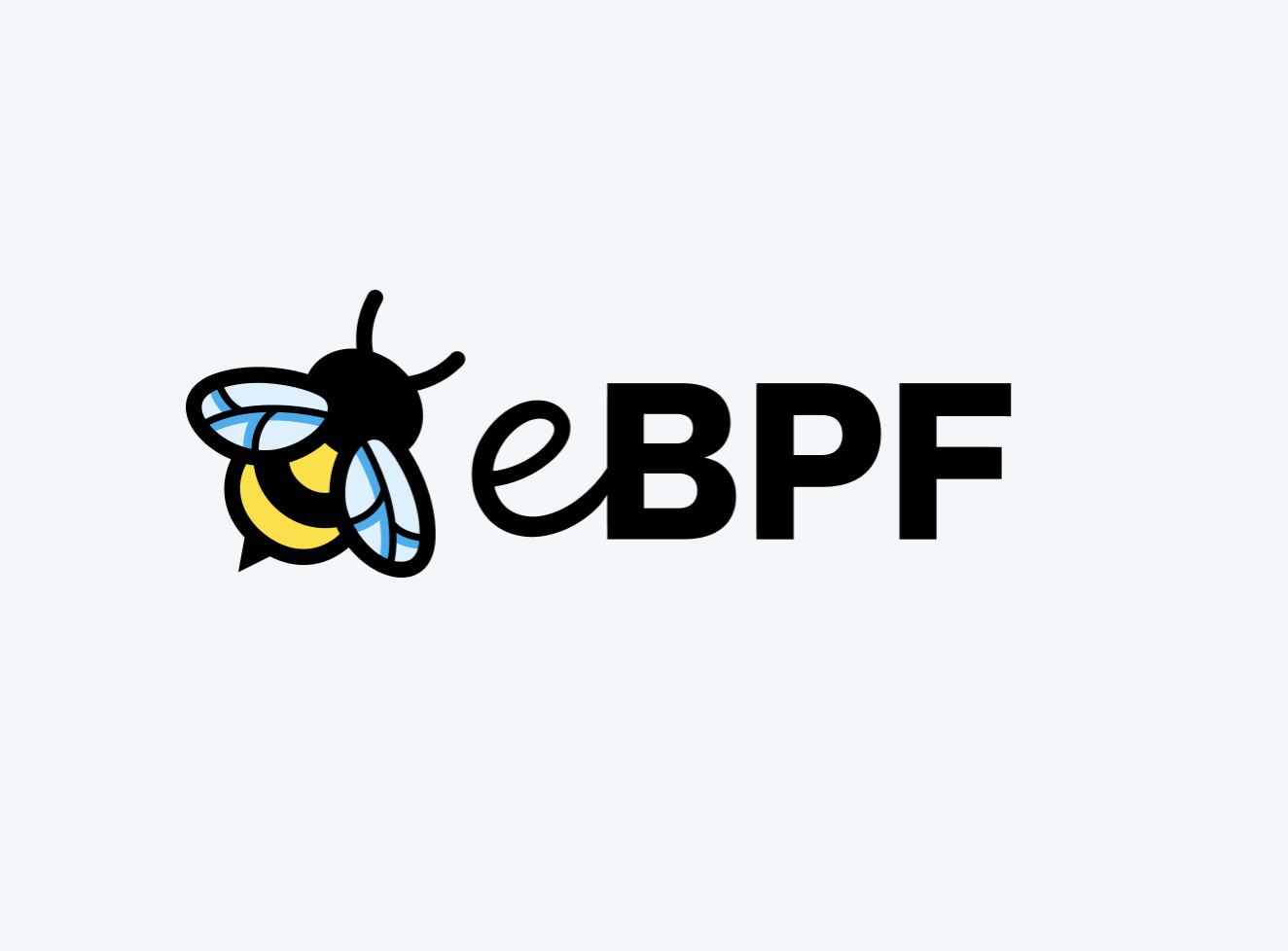eBPF Filesystem

Plugin: ebpf.plugin Module: filesystem

Overview
Monitor latency for main actions on filesystem like I/O events.
Attach tracing (kprobe, trampoline) to internal kernel functions according options used to compile kernel.
This collector is only supported on the following platforms:
- Linux
This collector supports collecting metrics from multiple instances of this integration, including remote instances.
The plugin needs setuid because it loads data inside kernel. Netada sets necessary permission during installation time.
Default Behavior
Auto-Detection
The plugin checks kernel compilation flags (CONFIG_KPROBES, CONFIG_BPF, CONFIG_BPF_SYSCALL, CONFIG_BPF_JIT), files inside debugfs, and presence of BTF files to decide which eBPF program will be attached.
Limits
The default configuration for this integration does not impose any limits on data collection.
Performance Impact
The default configuration for this integration is not expected to impose a significant performance impact on the system.
Metrics
Metrics grouped by scope.
The scope defines the instance that the metric belongs to. An instance is uniquely identified by a set of labels.
Per filesystem
Latency charts associate with filesystem actions.
This scope has no labels.
Metrics:
| Metric | Dimensions | Unit |
|---|---|---|
| filesystem.read_latency | latency period | calls/s |
| filesystem.open_latency | latency period | calls/s |
| filesystem.sync_latency | latency period | calls/s |
Per iilesystem
This scope has no labels.
Metrics:
| Metric | Dimensions | Unit |
|---|---|---|
| filesystem.write_latency | latency period | calls/s |
Per eBPF Filesystem instance
This scope has no labels.
Metrics:
| Metric | Dimensions | Unit |
|---|---|---|
| filesystem.attributte_latency | latency period | calls/s |
Alerts
There are no alerts configured by default for this integration.
Setup
Prerequisites
Compile kernel
Check if your kernel was compiled with necessary options (CONFIG_KPROBES, CONFIG_BPF, CONFIG_BPF_SYSCALL, CONFIG_BPF_JIT) in /proc/config.gz or inside /boot/config file. Some cited names can be different accoring preferences of Linux distributions.
When you do not have options set, it is necessary to get the kernel source code from https://kernel.org or a kernel package from your distribution, this last is preferred. The kernel compilation has a well definedd pattern, but distributions can deliver their configuration files
with different names.
Now follow steps:
- Copy the configuration file to /usr/src/linux/.config.
- Select the necessary options: make oldconfig
- Compile your kernel image: make bzImage
- Compile your modules: make modules
- Copy your new kernel image for boot loader directory
- Install the new modules: make modules_install
- Generate an initial ramdisk image (
initrd) if it is necessary. - Update your boot loader
Configuration
Options
This configuration file have two different sections. The [global] overwrites default options, while [filesystem] allow user to select the filesystems to monitor.
Config options
| Option | Description | Default | Required |
|---|---|---|---|
| update every | Data collection frequency. | 5 | no |
| ebpf load mode | Define whether plugin will monitor the call (entry) for the functions or it will also monitor the return (return). | entry | no |
| lifetime | Set default lifetime for thread when enabled by cloud. | 300 | no |
| btrfsdist | Enable or disable latency monitoring for functions associated with btrfs filesystem. | yes | no |
| ext4dist | Enable or disable latency monitoring for functions associated with ext4 filesystem. | yes | no |
| nfsdist | Enable or disable latency monitoring for functions associated with nfs filesystem. | yes | no |
| xfsdist | Enable or disable latency monitoring for functions associated with xfs filesystem. | yes | no |
| zfsdist | Enable or disable latency monitoring for functions associated with zfs filesystem. | yes | no |
via File
The configuration file name for this integration is ebpf.d/filesystem.conf.
The file format is a modified INI syntax. The general structure is:
[section1]
option1 = some value
option2 = some other value
[section2]
option3 = some third value
You can edit the configuration file using the edit-config script from the
Netdata config directory.
cd /etc/netdata 2>/dev/null || cd /opt/netdata/etc/netdata
sudo ./edit-config ebpf.d/filesystem.conf
Examples
There are no configuration examples.
Do you have any feedback for this page? If so, you can open a new issue on our netdata/learn repository.